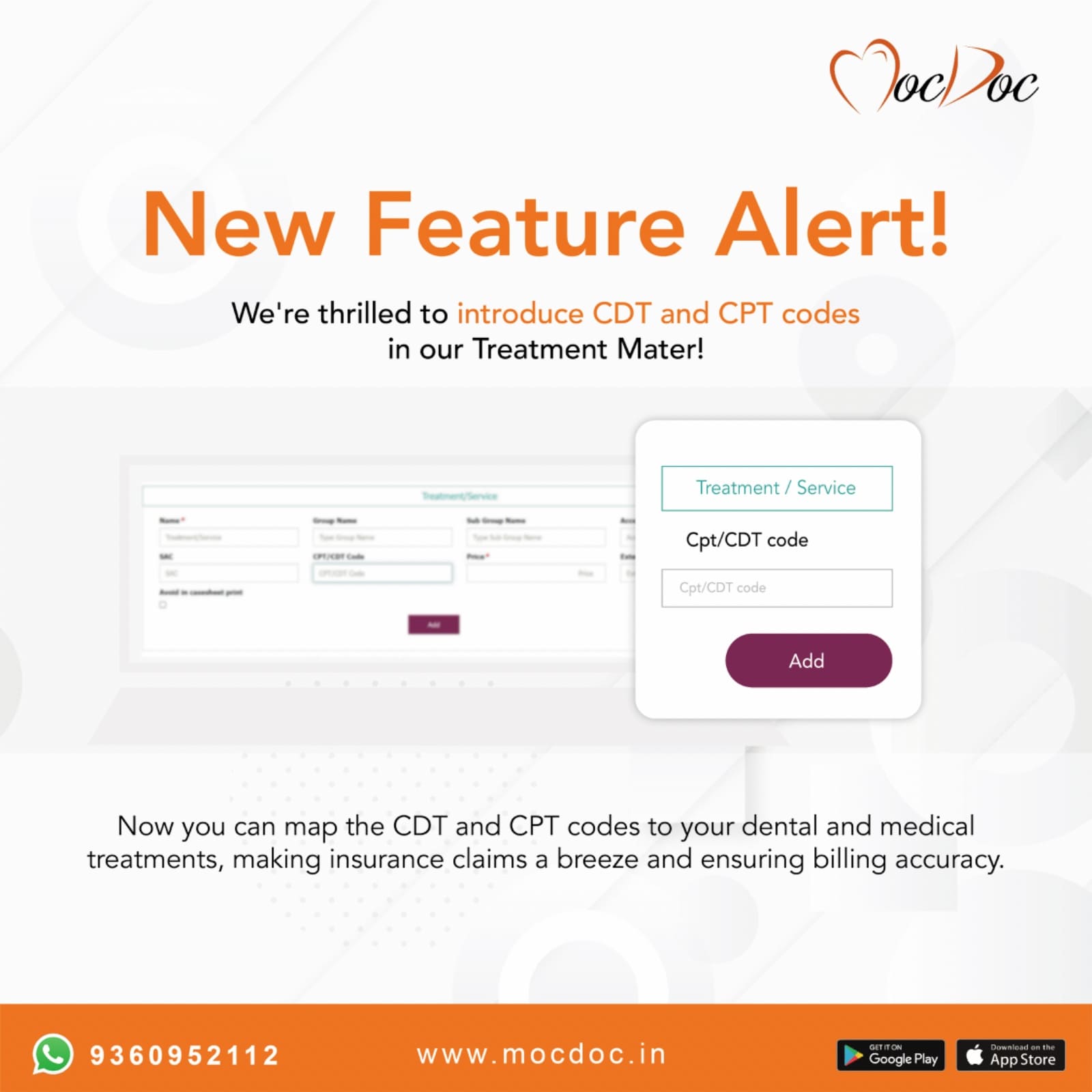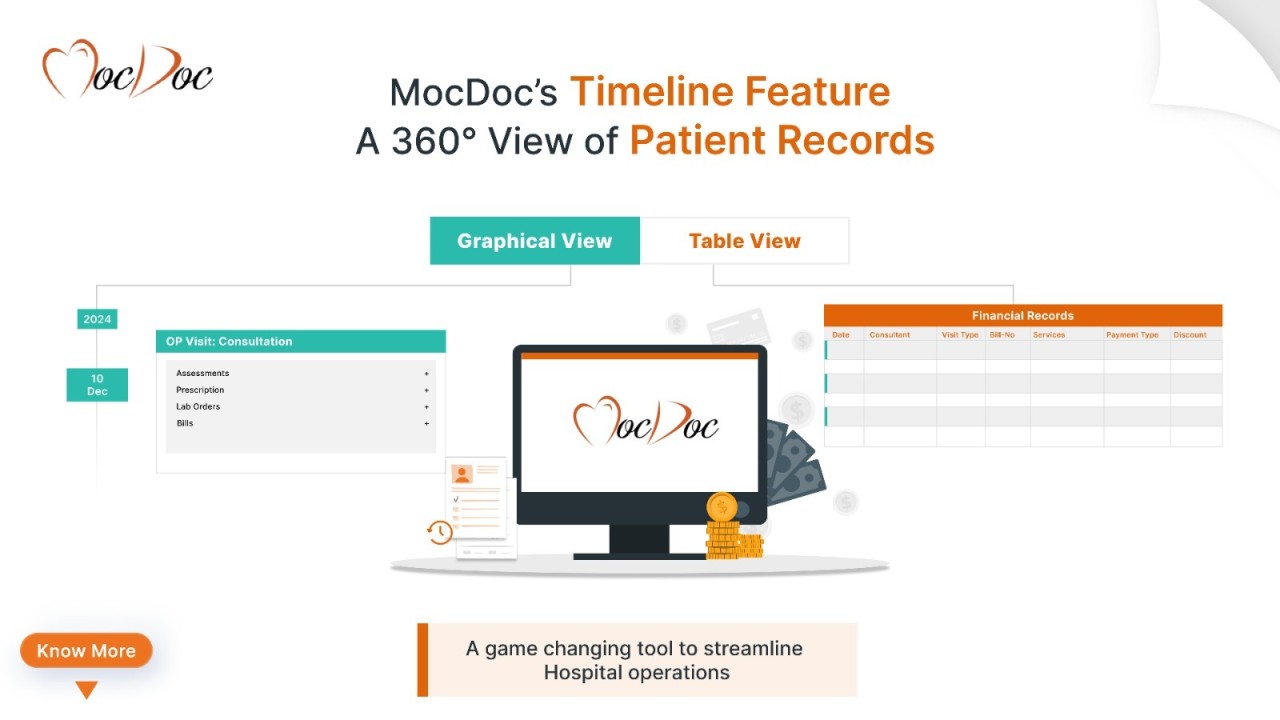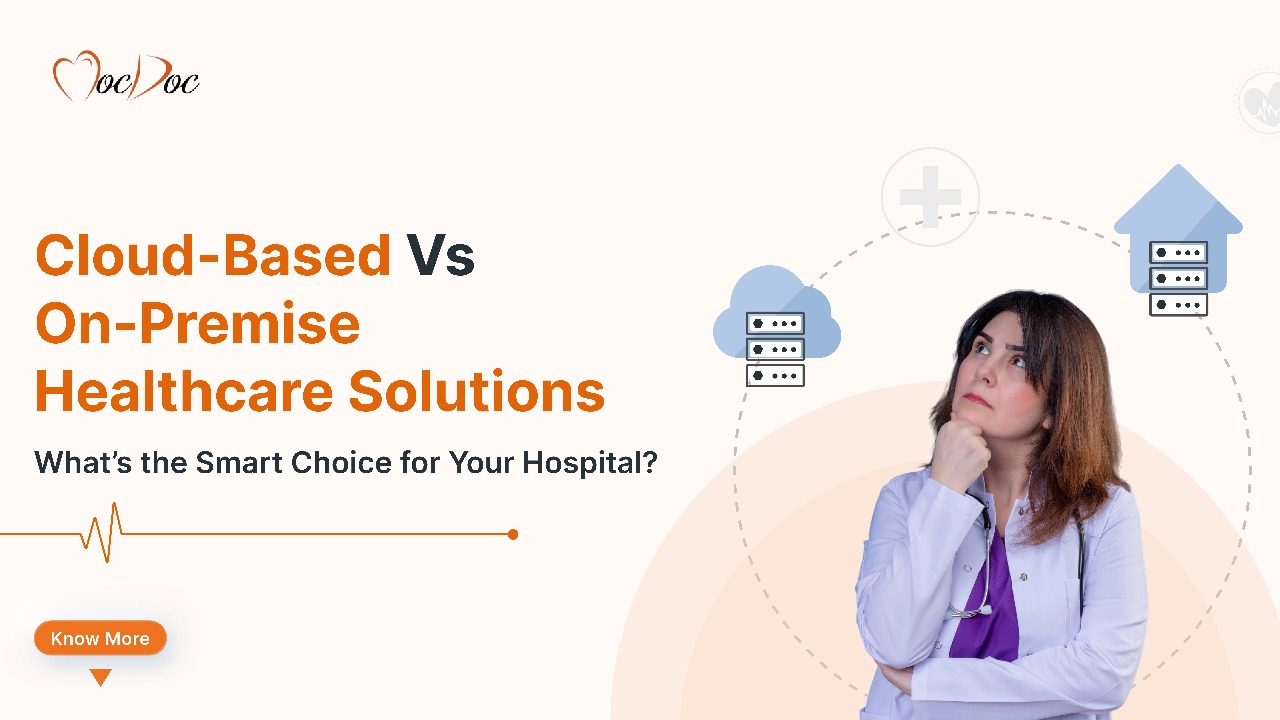Introduction
Running a pharmacy today is far more complex than it was a decade ago. Pharmacies are not just medicine counters anymore; they handle patient safety, financial transactions, regulatory compliance, and inventory worth lakhs of rupees. By 2026, with patients expecting faster service, governments tightening regulations, and competition increasing, pharmacies have realized that manual systems simply cannot keep up.
This is where pharmacy management software comes in. The right system makes a pharmacy more efficient, prevents stock wastage, and ensures compliance. But the real challenge lies in finding a solution that doesn’t just look good on paper but actually works in the fast-paced, everyday life of pharmacists.
Among the options available today,
MocDoc Pharmacy Management Software has emerged as one of the most reliable and practical choices. Designed with healthcare workflows in mind, it simplifies everything from billing and stock management to compliance reporting. Let’s take a closer look at why pharmacy management software is so important in 2026, what features you should expect, and why MocDoc stands out.
Why Pharmacies Can’t Do Without Software in 2026
Compliance Has Become Stricter
Government agencies now expect pharmacies to maintain transparent records, manage expiry dates carefully, and generate GST-compliant bills. A missed entry or an expired product reaching the counter can put the license at risk. Software helps automate these tasks, reducing the chance of human error.
Patients Expect Convenience
When someone comes in with a prescription, they don’t want to wait while the pharmacist searches shelves or manually enters details. They want quick billing, accurate stock availability, and if possible, digital receipts. A pharmacy management system makes this possible.
Managing Multiple Stores is a Challenge
Many hospitals and retail chains run more than one pharmacy outlet. Keeping stock levels balanced across locations is tough without a centralized system. Modern pharmacy software lets owners see real-time stock and sales across all branches.
Financial Accuracy is Critical
Errors in billing or inventory valuation directly affect profitability. Integration with accounting tools, such as Tally in MocDoc’s case, ensures that every rupee is accounted for correctly.
Features That Define the Best Pharmacy Software
Not all pharmacy software is created equal. Some provide basic billing, while others offer deep inventory and compliance tools. In 2026, the best pharmacy management systems typically include the following:
Smooth and Integrated Billing
- Outpatient and inpatient bills generated instantly.
- Walk-in customers billed without lengthy registration.
- Prescriptions linked directly to the billing system for accuracy.
Smart Inventory Management
- Automatic stock updates after every sale.
- Alerts for items running low.
- Clear identification of near-expiry products so they are billed first.
Batch and Expiry Control
- Medicines tracked by batch number.
- Expired products blocked from billing.
- Helps pharmacies maintain clean audits.
Compliance Support
- GST-ready billing format.
- Built-in reports for audit submissions.
- Secure record storage to meet government standards.
Reports and Analytics
- Daily, monthly, and annual sales insights.
- Analysis of patient demand for different medicines.
- Profitability reports to guide purchasing decisions.
Why MocDoc is Leading in 2026
MocDoc is not a generic retail POS rebranded for pharmacies—it is built specifically for healthcare environments. That is one of the main reasons it has been adopted by hospitals, clinics, and standalone pharmacies across India.
Direct Integration with Prescriptions
Doctors can send prescriptions directly to the pharmacy module, reducing delays. In inpatient settings, medication requests from wards are also integrated, which helps avoid duplication or errors.
Billing that Works in Real Life
Walk-in customers can be billed in seconds. Sale returns are tightly linked to original bills, which prevents fraud and keeps inventory records correct.
Advanced Inventory Control
- Replenishment alerts prevent stockouts.
- Expired or near-expiry medicines are flagged automatically.
- Stock audits can be scheduled and executed digitally.
- Disposal of expired products is quick and traceable.
Seamless Financial Integration
MocDoc connects directly with Tally, ensuring every sale and purchase is reflected accurately in financial records. For pharmacy owners, this reduces a significant amount of manual reconciliation work.
Multi-Branch Oversight
For organizations with more than one pharmacy outlet, MocDoc provides a single dashboard to view stock, sales, and movement across all locations.
What Makes MocDoc Different
A closer look at some of MocDoc’s thoughtful features shows how it is tailored to real pharmacy challenges:
Unavailable Medicines List
When a patient asks for a medicine that isn’t available, it can be added to a dedicated list. Over time, this data helps pharmacies understand demand and stock accordingly.
Pharmacological Search
Pharmacists can instantly check generic names and find alternative brands, ensuring patients aren’t turned away when one product is missing.
Stock Transfer Management
If one outlet is running short, stock can be transferred from another branch through a controlled request system. This ensures accountability and avoids misuse.
Inpatient Consumables Integration
Hospitals often struggle to track consumables used in surgeries or wards. MocDoc directly links these to inpatient bills, so no revenue is missed.
Common Pharmacy Challenges and MocDoc’s Answers
Inventory Mistakes
Manual stock updates often result in shortages or overstock. MocDoc automates this process and gives timely alerts, reducing waste.
Slow Billing
In a busy hospital, delays in generating pharmacy bills can hold up patient discharge. With MocDoc, billing is linked directly to prescriptions, cutting down waiting time.
Audit and Compliance Stress
Pharmacies dread inspections. MocDoc makes audits easier with detailed logs, expiry management, and compliance-ready reports.
Multi-Location Complexity
Running several outlets becomes simpler when owners can see what’s happening at all stores in real time from a single dashboard.
The Future of Pharmacy Management
As healthcare moves further into digital transformation, pharmacy management systems are only going to become more advanced. Cloud-based deployment, AI-driven demand prediction, and deeper patient integration are the next steps. Pharmacies that adopt comprehensive solutions today will be ready for this future without needing a complete overhaul.
MocDoc already reflects this forward-thinking approach. By automating routine tasks, reducing compliance headaches, and improving service delivery, it frees pharmacists to focus on what truly matters—patient care.
Conclusion
In 2026, choosing the right pharmacy management software is a strategic decision. It affects efficiency, compliance, profitability, and ultimately patient satisfaction. While many solutions exist,
MocDoc Pharmacy Management Software has proven itself with its mix of user-friendly design and powerful features.
From integrated billing and smart inventory control to compliance readiness and financial integration, MocDoc provides everything a modern pharmacy needs in one platform.
If you are running a standalone pharmacy, managing a hospital pharmacy, or overseeing a chain of outlets, MocDoc gives you the tools to stay compliant, efficient, and patient-focused.
In today’s healthcare environment, pharmacy software isn’t optional—it’s essential. MocDoc makes sure you’re not just keeping up but staying ahead.








